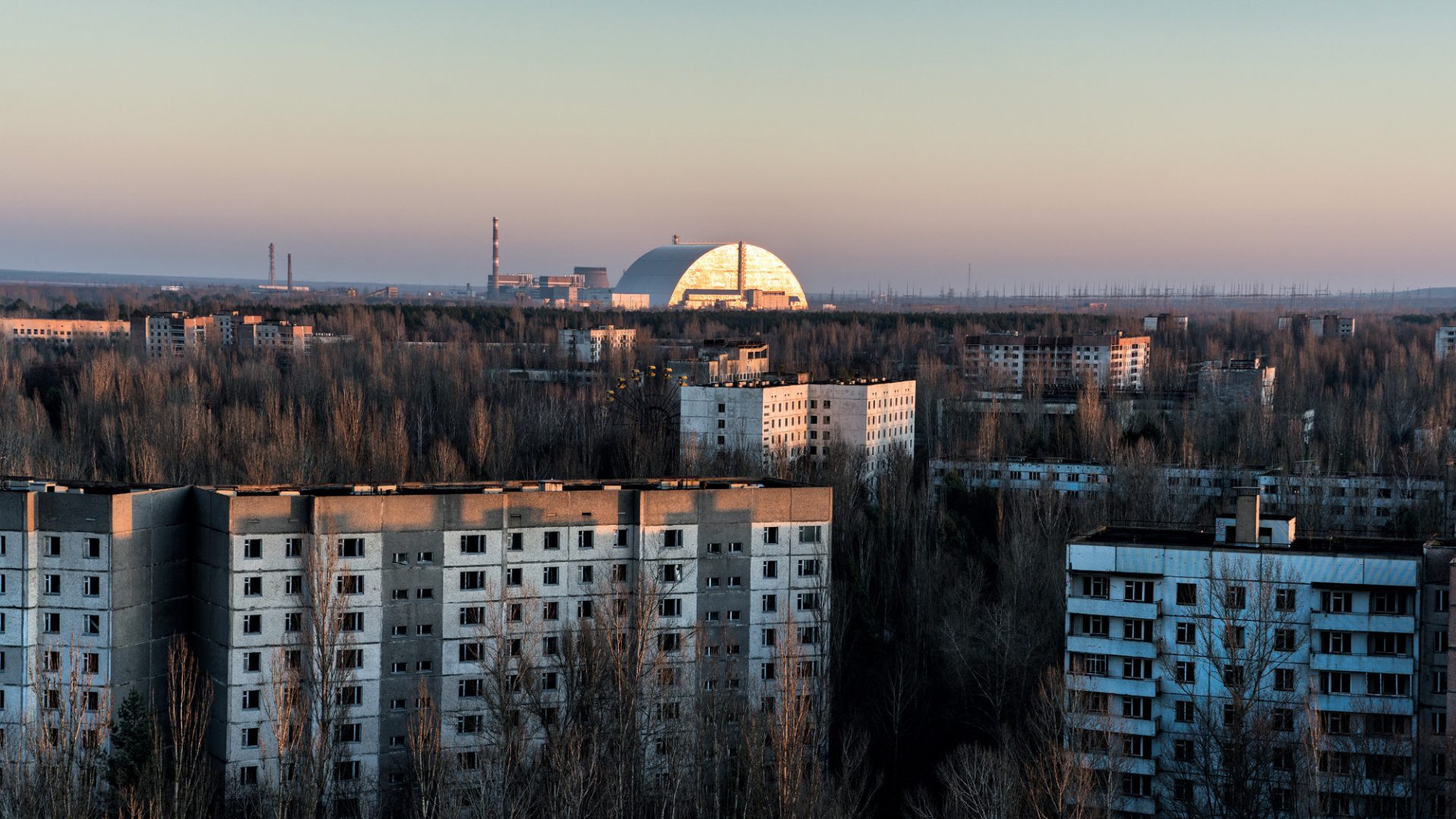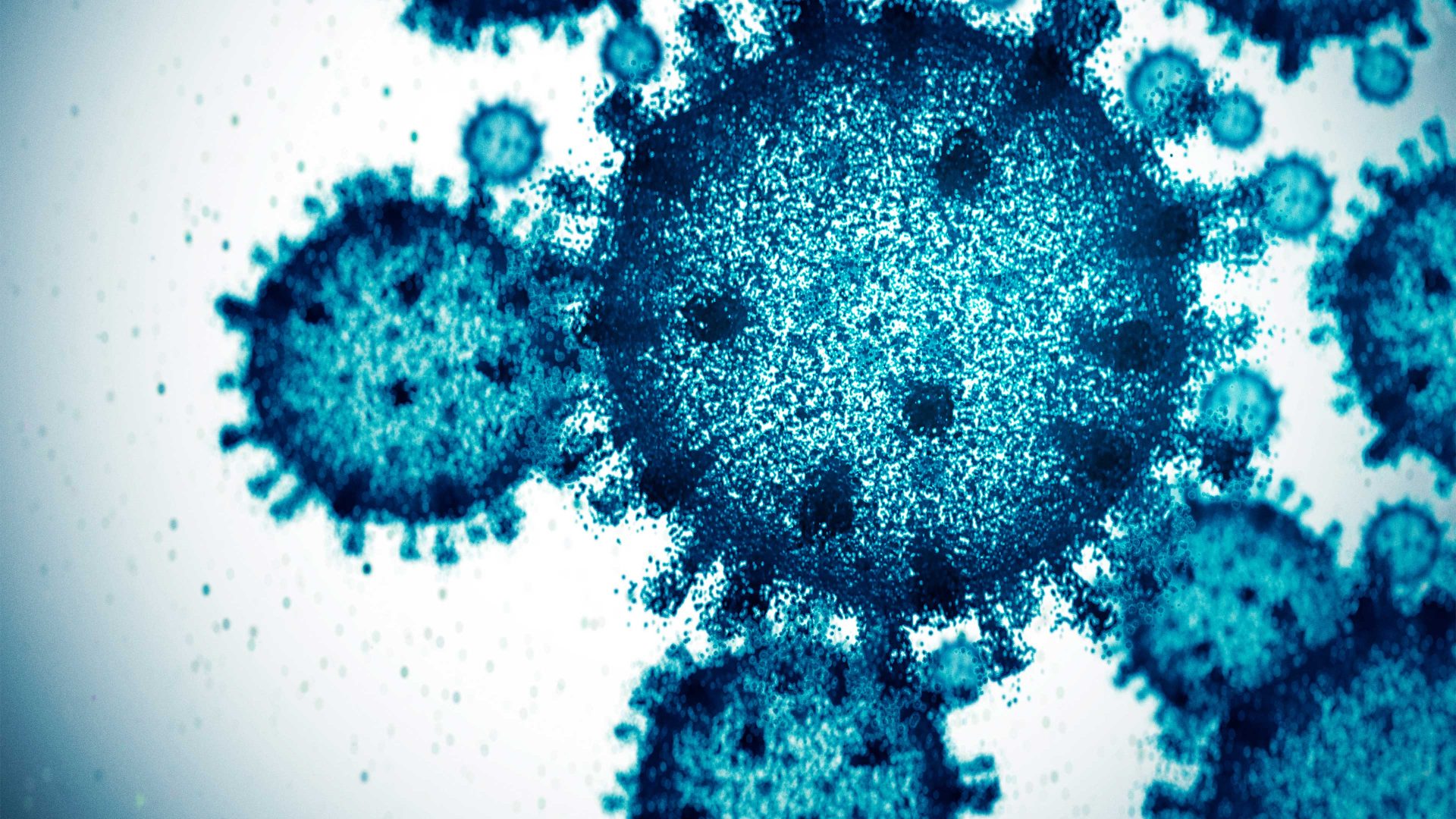The woman opposite me drinking bubble tea had a flower-shaped blue earring dangling from one ear and a yellow one on the other. Her T-shirt read “NO WAR – Stand with Ukraine”.
We were in a brightly lit café in Taipei’s main train station, but scrolling through her phone, Aurora Chang focused on the blacked-out city of Kharkiv, 7,500 km away. She was stunned when Russia launched its full-scale war two years ago. “I thought it could not happen because it would be madness,” she said. “In Taiwan we have all grown up with the threat of invasion hanging over us. But something has shifted.”
Taiwan’s outgoing foreign minister Joseph Wu has warned that “nobody should be thinking that they are immune from authoritarian influence”. Vice president Hsiao Bi-khim says Taiwan is learning from Ukraine’s experience. It is doubling its defence budget and has extended military conscription from four months to one year.
But Taiwan’s 169,000 strong army, navy and air force is dwarfed by the more than two million active forces across the water in mainland China. President Xi Jinping regards Taiwan as a recalcitrant province that will eventually come under Chinese control. According to US intelligence, he has instructed his country’s military to “be ready by 2027″ to cross the 180-kilometre-strait and invade Taiwan. More recently Beijing issued new guidelines threatening to enforce the death penalty on what it calls “diehard” Taiwanese separatists.
Such talk, for the time being at least, is sabre rattling – China does not have legal jurisdiction on the island. On a recent visit, I was struck by Taiwanese cheerfulness and sangfroid. Talk of a potential attack date alarms the military and politicians, but not so much the average citizen, according to Brian Hioe, who edits the online New Bloom Magazine covering activism and youth politics. “We have to get on with our lives and act as normal”, he said over fragrant dumplings in Wang’s Broth, a popular lunchtime hangout in Taipei. “China has tried to intimidate us for years, so to some extent we have become numb to these endless threats. You can’t live permanently on edge”.
But Chang told me that Russia’s invasion of Ukraine in February 2022 acted like a wake-up call. “The Chinese are getting bolder with their military drills. The idea that a country can go against its best interests and invade a neighbouring country – that idea suddenly became real,” she said, quickly adding: “At the same time, we can’t afford to be fatalistic or give in to conspiracy theories.”
The year that Putin annexed the Crimea, 2014, was also a pivotal time in East Asia. The autumn was dominated by Hong Kong’s Umbrella Movement, when protestors in the city demanded free elections instead of candidates pre-approved by the Chinese government. Seven months earlier, hundreds of young demonstrators, mostly students, stormed Taiwan’s parliament. They were outraged by the government’s attempts to push through a trade treaty with the mainland. Business groups said that the deal, brokered by the then president Ma Ying-jeou, was in the national interest. The students argued that it would damage the economy and provide China with more leverage over their island.
Taiwan’s Sunflower Movement may have got its name thanks to a Taipei florist who was swept up by the students’ idealism and showered them with thousands of bright yellow flowers. Another story is that there were sunflowers on the speaker’s podium when the protestors broke in. They were supposedly snatched from their vase and distributed like trophies to the first activists in the chamber. The demonstrators refused to leave until the controversial trade bill was withdrawn three weeks later.
A “sunflower generation” emerged from the movement with far more robust views on Taiwan’s sovereignty than their parents and grandparents. A decade on, the 2014 sit-in is regarded as a transformative moment.
Taiwan’s democracy is young, and the island is still reckoning with its traumatic history. After Mao Tse-tung’s Communists won the civil war in 1949, the defeated Nationalists from the Kuomintang party, led by Chiang Kai-shek, fled across the sea to Taiwan. Chiang established an alternative Republic of China and quickly stamped out any opposition. During his 38-year reign, known as the White Terror, 140,000 people were locked up. Another 3,000-4,000 were executed for actual or perceived pro-Communist sympathies. Until it was overtaken by Syria, Taiwan held the record for the longest imposition of martial law by a regime anywhere in the world.
Now, after decades of authoritarian rule, the island is making up for lost time. Its tolerance of political protests, its outspoken press and its progressive approach to gay rights has made it a bastion of liberal democracy in the region. In 2019, it became the first country in Asia to legalise same sex marriage. The mood of defiance is unmistakable. It seems that the more Xi clamps down on any dissenting voices in China, the more determined Taiwan is to demonstrate an alternative way of life.
The generation that traces its roots to Chiang’s exodus is dying out. Much like Vladimir Putin talking about Ukraine, Xi insists that Taiwan and China belong to “one family.” But the percentage of Taiwanese who identify as Chinese has steadily dropped while support for the Democratic Progressive Party, which favours sovereignty, is on the rise.
The DPP first emerged as an alternative political force in the late 1980s and won power for the first time in 2000, ending more than five decades of Nationalist rule. This January, the party secured an unprecedented third term in Taiwan’s presidential election. When the new president, William Lai, urged China to accept the existence of Taiwan’s democracy, Chinese state media branded him “a troublemaker”. Three days after his inauguration, Beijing launched two days of military exercises around the island, simulating a full-scale attack. The People’s Liberation Army described the drills as “punishment” for “separatist acts”.
Relations between China and Taiwan were at their worst for forty years when Nancy Pelosi visited the island in August 2022. As soon as the then US House Speaker left Taiwan, an angry China fired ballistic missiles and encircled the island during four days of navy drills. Official dialogues between China and the US were cancelled or suspended.
Taiwan also faced a barrage of cyber-attacks, although no vital infrastructure was disabled, unlike Russia’s digital assault on Estonia in 2007. One western diplomat in Taipei drily observed that the show of force following Lai’s inauguration was “about point six on the Pelosi scale”.
We had just been talking about dramatic footage of the latest earthquake which cut off roads and devastated a large area in Hualien County, east of Taipei. Taiwan wants to generate as much of its own energy as possible but shifting tectonic plates off the east coast make installing wind turbines there exceptionally tricky. Energy security is one of the country’s biggest headaches. The government has watched the Kremlin’s relentless assault on Ukraine’s power grid with consternation.
Protected by sea, Taiwan is a harder country to invade than Ukraine, but it is 97 per cent reliant on imported oil, coal and gas. Taiwanese call their semiconductor industry, producing two thirds of the world’s most sophisticated chips, “the sacred mountain that protects the nation”. But chip manufacturing sucks up an immense amount of power. China’s navy has simulated blockades which hint that Beijing might disrupt Taipei’s trade, including its maritime energy imports.
Raising awareness of the similarities between the two countries is key to resisting authoritarianism, according to Chang, who volunteers with the Taiwan Stands with Ukraine movement. She knows more than most Taiwanese about Russia’s war in Ukraine having graduated from the School of Eastern European and Slavonic Studies in London. Now she divides her time between activism, journalism and working for the digital app Spotify. Her job on the content safety team involves sifting through reams of hate speech from the mainland.
“Most of it parrots the Kremlin’s talking points,” she says. “They claim Europe is profiting from the war, that Ukraine is an American proxy state and that the 2019 demonstrations in Hong Kong were Western orchestrated, like the colour revolutions in countries bordering Russia – all the usual stuff.”
A few evenings earlier, I was in front of the Chiang Kai Shek memorial on the 35th anniversary of the Tiananmen Square massacre. A slogan behind the contributors on the stage read: “Ideas are bulletproof”. Dozens of flickering candles spelled out the date 89/04. But what caught my eye was a bright orange, 3D printed copy of the Pillar of Shame. The much bigger original sculpture, depicting the mangled bodies of Beijing’s democracy protestors, once stood in the grounds of Hong Kong’s University. But in December 2021, under cover of darkness, the cranes moved in, and the statue was dismantled.
The Taiwanese are desperate to avoid Hong Kong’s fate. Stopping over there on my way back from Taiwan, I was struck by how different the two have become, and how much the former British territory has changed since Beijing’s security crackdown. The bars, cafes and art galleries appear to be thriving. Along the Kowloon waterfront families were having carefree picnics but most activists, many journalists and non-governmental organisations have left. Some have been imprisoned.
I arrived on the same day that a Hong Kong court delivered its verdict on 14 activists and politicians. The youngest, 27-year-old Joshua Wong was once the hopeful face of the Umbrella Movement. After three years in pretrial detention, the defendants were convicted of subversion for their roles in the 2019 protests over an extradition bill which was later scrapped. They are likely to face long prison terms. Amnesty International described the convictions as “a chilling message” to anyone who opposes the actions of the government, “namely: stay quiet, or face jail”. Following the crackdown, a stream of dissidents, journalists, academics, artists and others moved to Taiwan.
The Hong Kong exodus has made most Taiwanese sharply conscious of their freedoms, according to Oleksandr Shyn, a Ukrainian who recently made Taipei his home. “They understand how precious it is to live here with national health care, democracy and human rights,” he says. “Across the political spectrum, people recognise that what Taiwan has achieved must be protected. Also, one reason why Taiwanese identify with Ukrainians so much is that they know Putin’s invasion is not about land – it is about promoting Russia and eradicating Ukraine’s identity.”
He added that some social media channels on the Chinese mainland are awash with hawkish views about “unifying Taiwan by force”. Some even used a Mandarin slogan which translates as “seize the island but get rid of the people”.
When I first saw Shyn in the café where we agreed to meet, he did not look obviously Ukrainian. “I’m a walking surprise”, he laughed, noticing my confusion. He belongs to the ethnic Korean community in Ukraine known as Koryo-saram. His grandfather was among the 170,000 Koreans Stalin uprooted from Russia’s Far East and banished to Central Asia. The deportees were told to forget their native language and speak Russian. Shyn’s parents were raised in Uzbekistan but later moved to farm the fertile land of southern Ukraine, renowned for its sunflowers, tomatoes and watermelons.
When he was 17, Shyn got a scholarship to study political science in Seoul and was the first in three generations of his family to set foot in Korea. Afterwards he continued his studies in Taiwan and Spain. He was busy researching Taiwan’s linguistic diversity – it has more than 40 indigenous languages and dialects – when the Kremlin invaded his country. Shyn’s village was in an area occupied by Russian troops.
A year into the full-scale war, his parents and some of their neighbours received emergency support from the government in Seoul to resettle in their ancestral home in east Asia. Like refugees everywhere, they initially found it hard to adjust. “They are used to farming their own land and now they must work for other people,” said Shyn. “Emotionally that’s tough but at least they are safe.”
If Shyn’s grandparents and parents felt like Soviet citizens, he saw himself as Ukrainian, especially after the 2014 Maidan Revolution and the war in the Donbas. “Those events triggered a sense of responsibility for Ukraine, and I felt more affiliated with it,” he said, “even if it was something I simply took for granted previously.”
In Taipei, Shyn threw himself into bridge building. He sees some linguistic parallels between the two countries since Mandarin was an alien language for eighty per cent of Taiwanese before the late 1940s. “People here understand that they won’t be able to get rid of Mandarin, even if they wanted to. Most of the population now speaks it. But this experience helps them to understand the Ukrainians’ struggle to prioritise their language over Russian.”
In the first few months following the invasion, many Taiwanese were glued to the TV news, following each battle and shifting front line. Few had much background knowledge of Ukraine. Early on, some Russians turned up to anti-war demonstrations outside Russia’s de facto embassy with heart-shaped posters, where one half was yellow-blue and the other red, white and blue, the Russian tricolour.
Taiwanese media reported on the tragedy of Slav brothers divided by war, as if both sides were equally to blame for the hostilities. Frustrated by their lack of understanding, Shyn founded an online initiative called Ukrainian Voices, to inform Taiwanese about his culture and to counter the Kremlin’s historical narratives. He also hosts a podcast, Taiwan Calling, in which he interviews Ukrainians on the island and highlights the aid Taiwan is sending to Ukraine. He volunteers with Chang’s group, which supports small Ukrainian charities, such as one for war orphans, children with special needs and a nursing home for the elderly residents of Kharkiv. So far, they have also paid for three frontline ambulances.
Foreign minister Wu recently disagreed with those who argued that US funding for Ukraine diverts attention away from his country and makes it more vulnerable. Solidarity at a time like this, he said, is imperative: “The fate of Taiwan, like that of Ukraine, will be a crucial test that the world’s democracies must not fail.”




